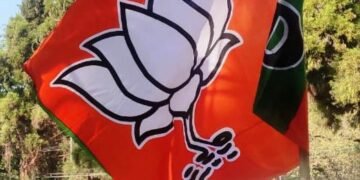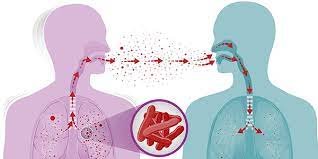President Vladimir Putin began his fifth term on May 7 as leader of Russia after destroying his political opponents, launching a devastating war in Ukraine and concentrating all power in his hands. Since succeeding President Boris Yeltsin in the waning hours of 1999, Putin has transformed Russia from a country emerging from economic collapse to a pariah state that threatens global security. Already in office for nearly a quarter-century and the longest-serving Kremlin leader since Josef Stalin, Putin’s new term doesn’t expire until 2030, when he will be constitutionally eligible to run again.
The question now is what the 71-year-old Putin will do over the course of another six years in the Kremlin, both at home and abroad. Following the 2022 invasion of Ukraine that has become Europe’s biggest conflict since World War II, Russia has been heavily sanctioned by the West and is turning to other regimes like China, Iran and North Korea for support. Currently, Russian forces are gaining ground in Ukraine as Kyiv grapples with shortages of men and ammunition. Ukraine on the other hand has brought the battle to Russian soil through drone and missile attacks.
Shortly after his orchestrated reelection in March, Putin suggested that a confrontation between NATO and Russia is possible, and he declared he wanted to carve out a buffer zone in Ukraine to protect his country from cross-border attacks. It remains unclear how far Putin will seek to press the Russia-Ukraine war and on what terms he might discuss ending it. Putin on May 7 once again promised Russians a prosperous future, but since the invasion of Ukraine, many have seen the cost of living rise. At home, Putin’s popularity is closely tied to improving living standards for ordinary Russians.
Putin began his term in 2018 by promising to get Russia into the top five global economies, vowing it should be “modern and dynamic.” Instead, Russia’s economy has pivoted to a war footing, and authorities are spending record amounts on defence. Now that Putin has secured another six years in power, the government could take the unpopular steps of raising taxes to fund the war and pressure more men to join the military. Putin enters his fifth term with practically no opposition inside the country. He is more in control of Russia than ever.
Following the invasion of Ukraine, authorities in Russia have cracked down on any form of dissent with a ferocity not seen since Soviet times. Laws have been enacted that threaten long prison terms for anyone who discredits the military. The Kremlin also targets independent media, rights groups, LGBTQ+ activists and others. His greatest political foe, opposition leader Alexei Navalny, died in an Arctic prison in February. Other prominent critics have either been imprisoned or have fled the country, and even some of his opponents living abroad fear for their security.


























